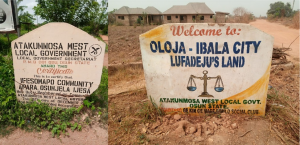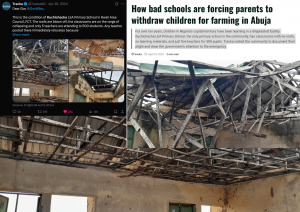The first thing that crosses the mind when one hears of Abuja is class and comfort, and being the headquarters of the nation of the most populous nation in Africa, one tends to imagine that all will be in a state of utopia. But in most cases, this is a mere wishful thought, as in reality most of the rural and some semi-urban communities are going through real life sufferings.
This reality was further brought to bear when we approached Gadoro community, under Kuje Area Council, on Wednesday 12th of March 2025 for a community engagement around budget access and inclusivity. The discovery here was that this community with a population of about 73,000 people, have been left destitute and uncatered to, except during the elections.
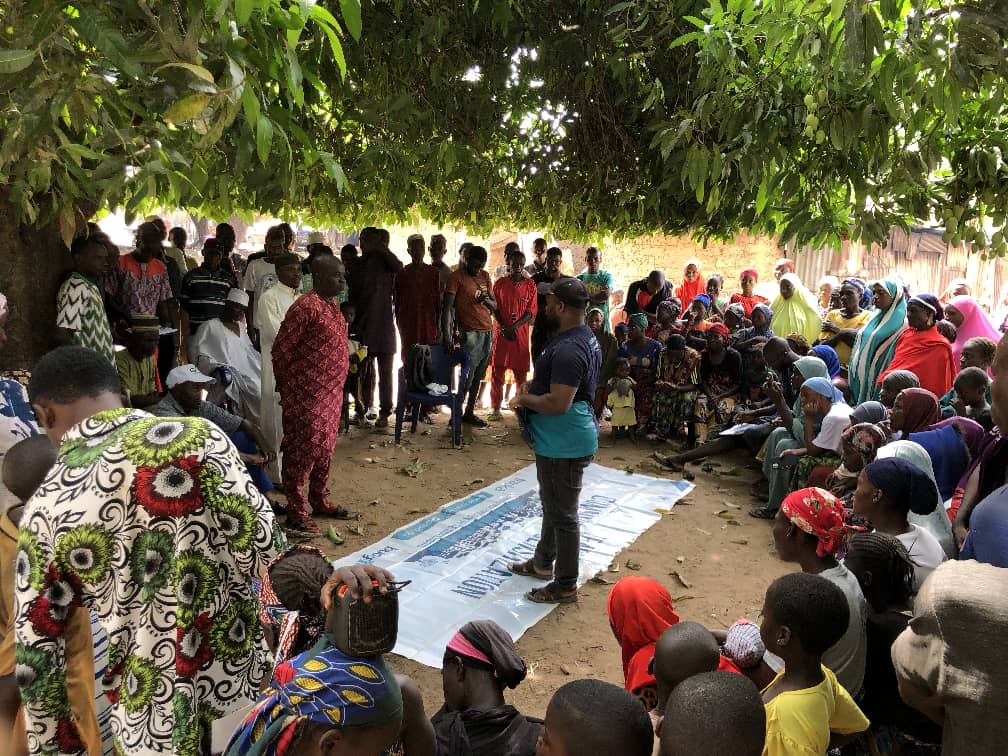
Assessing basic amenities such as health care and potable water in Gadoro is met with palpable challenges that the community have to grapple with for more than ten decades.
What Gadoro water looks like!
The only water source for the people is a muddy ash-coloured water and this has affected their health the most, and unfortunately, the only health centre which is meant to serve as a solace in combating these health challenges as a result of the use of this terrible water has stopped being functional for more than 2 decades, leaving the people with the cruel option of either self medication or a 110 km travel to the closest government owned health facility in Abaji town.
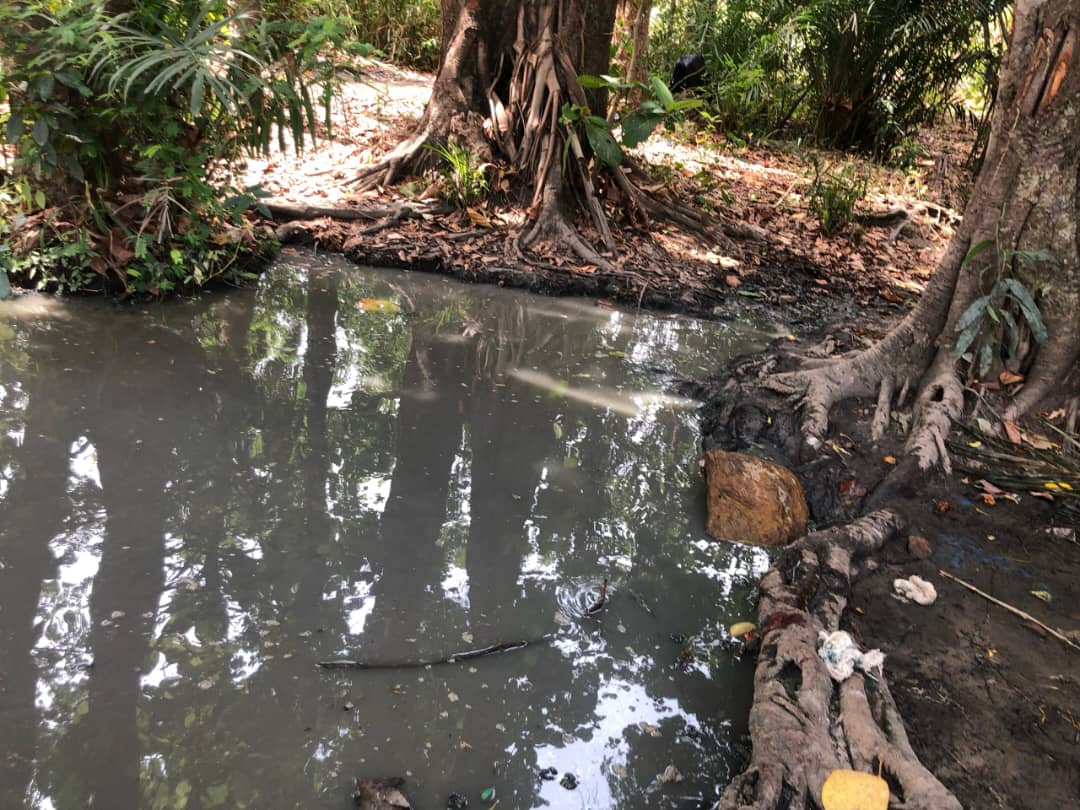
These unfortunate challenges have resulted in undeserved and avoidable diseases and illnesses such as typhoid, diarrhea, hepatitis, cholera to ravage the community while some eventually lead to death.
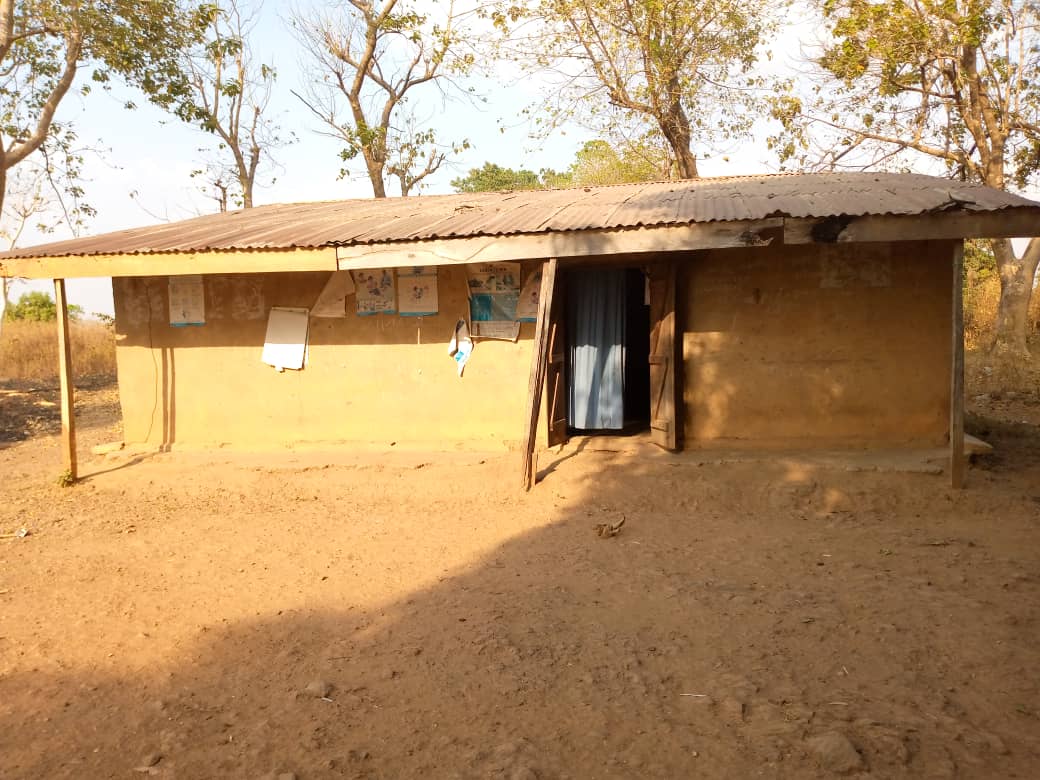
According to mallam Suleiman, the community head, “this our community has been here before the coming of the Federal Capital Territory, and up till now we have been forgotten, we only see our leaders especially the chairman and the house of representative come around during elections and campaign times, they have used us and dumped us, our children dies and our women and wives got plenty miscarriages. I have also lost my brother’s child during childbirth in the community. We don’t have a functioning health center, we only have one mud block built by our forefathers since 1984 and we have been abandoned by the government.”
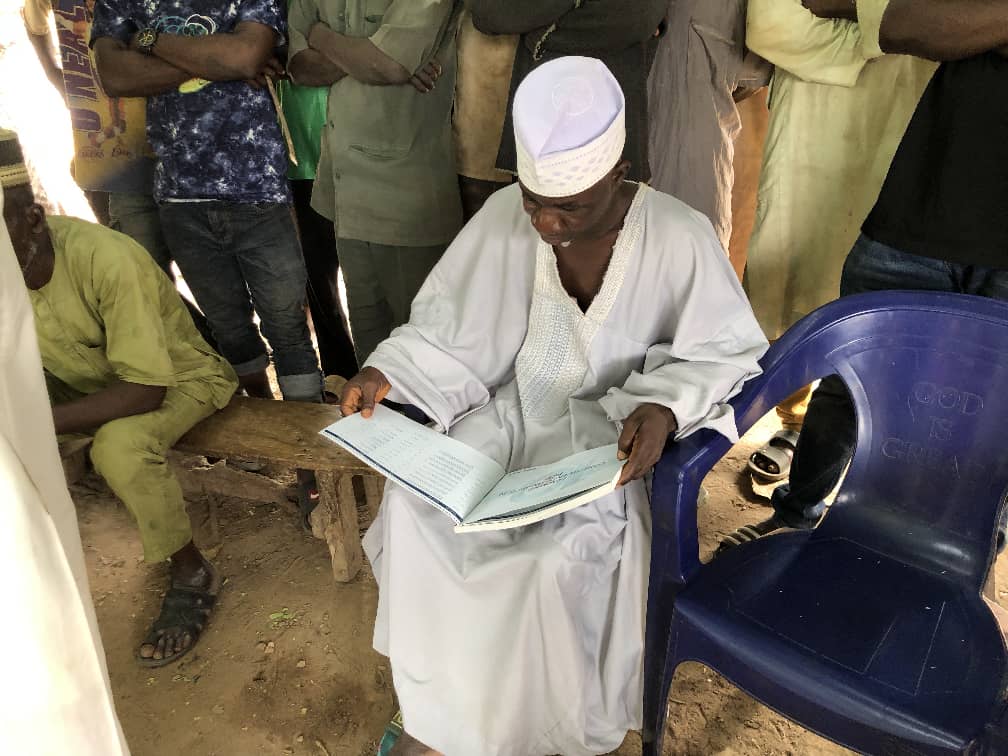
Another speaker Mrs Aisha Musa also narrated her near death experience on how she nearly gave up the ghost during childbirth, she exclaimed saying “when I was giving birth to this baby boy (pointing to the baby on her laps), I have faced hell and I have seen the worst in my life, on February 1, 2025, I had to give birth to him at home all by myself, as there was nobody around to assist and there was no bike to take me to Abaji, the nearest hospital here, that experience has remained fresh in my memory ever since.”
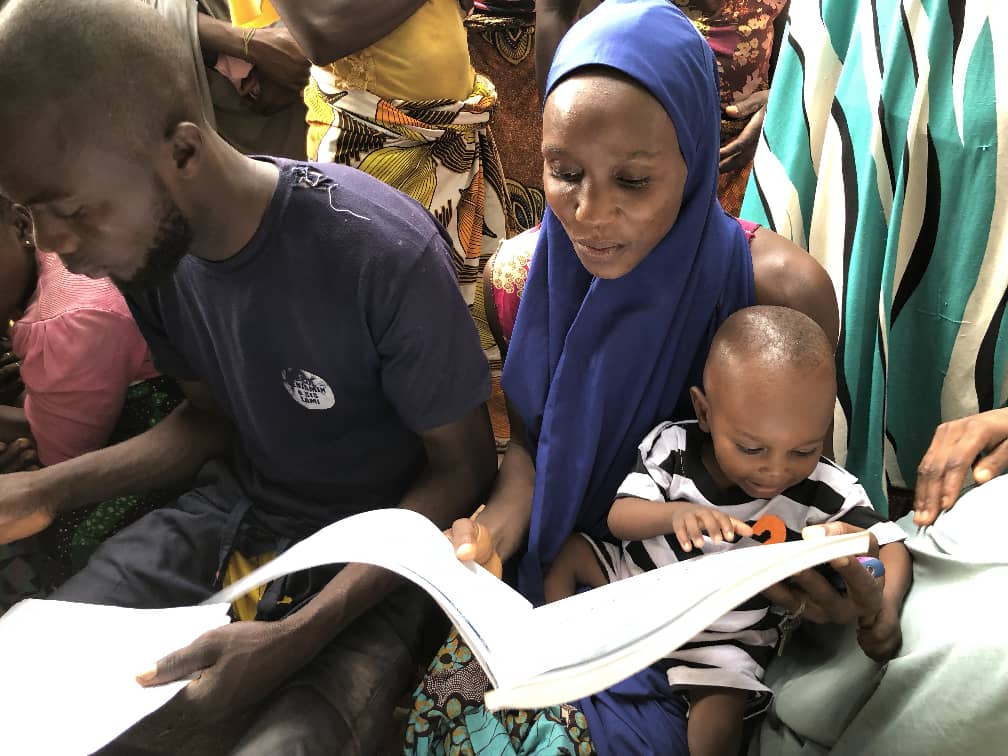
Another speaker, the community secretary, said “this dirty and muddy water has caused serious health issues for us. I have lost my daughter due to waterborne diseases, cholera, and other community diseases”.
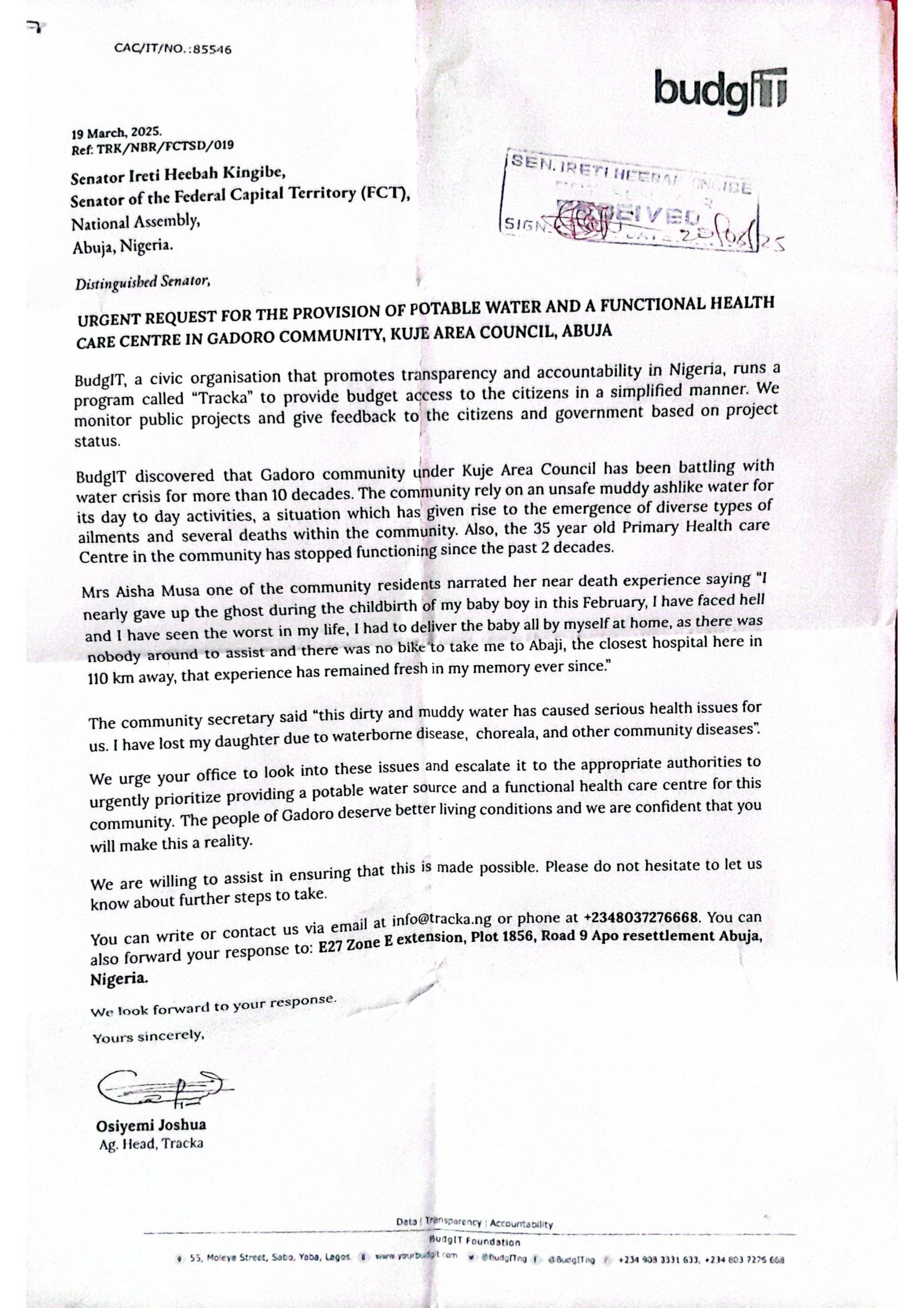
In our usual manner in Tracka, we have called the attention of all relevant authorities to the menace in this community by writing to them and reporting the predicament of the people to them via our social media platforms. We remain hopeful that their plights would be prioritized soonest to ameliorate the water and health care challenges in this ancient community.
Story by; Osiyemi Joshua and Abdullahi Garba

